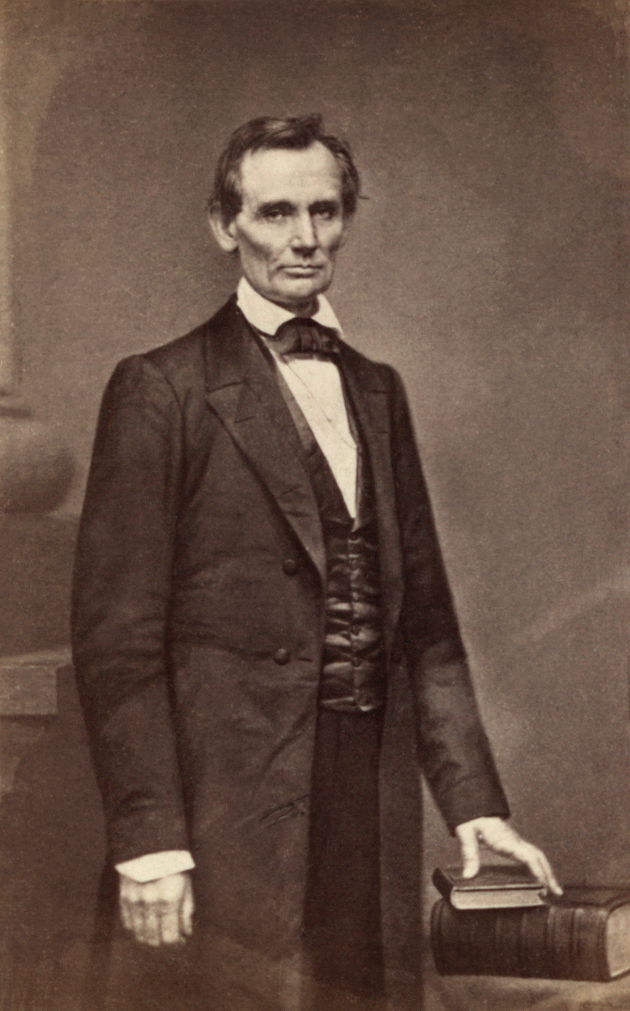183 Result of the Election (1860)

Mansfield, Ohio, Nov. 26, 1860.
Well, Lincoln is elected. No doubt a large portion of the citizens of Louisiana consider this a calamity. If they believe their own newspapers, what is far worse, the lying organs of the Democratic party in the free States, they have just cause to think so. But you were long enough in Ohio and heard enough of the ideas of the Republican leaders to know that the Republican party is not likely to interfere directly or indirectly with slavery in the States or with the laws relating to slavery. That so far as the slavery question is concerned, the contest was for the possession of Kansas and perhaps New Mexico and that the chief virtue of the Republican success was in its condemnation of the narrow sectionalism of Buchanan’s administration and the corruptions by which he attempted to sustain his policy. Who doubts but that, if he had been true to his promises in submitting the controversy in Kansas to its own people and had closed it by admitting Kansas as a free State, that the Democratic party would have retained its power? It was his infernal policy in Kansas (I can hardly think of the mean and bad things he allowed there without swearing) that drove off Douglas and led to the division of the Democratic party and the consequent election of Lincoln.
As a matter of course, I rejoice in the result. For in my judgment the administration of Lincoln will do much to dissipate the feeling in the South against the North by showing what are the real purposes of the Republican party. In the meantime, it is evident we have to meet in a serious form the movements of South Carolinian Disunionists. These men have for years desired this disunion; they have plotted for it. They drove Buchanan into his Kansas policy, they got up this new dogma about slave protection, they broke up the Charleston Convention merely to advance secession. They are now hurrying forward excited men into acts of treason without giving time for passion to cool or reason to resume its sway. God knows what will be the result. If by a successful revolution they can go out of the Union, they establish a principle that will break up the government into fragments. Some local disaffection or temporary excitement will lead one State after another out of the Union. We will have the Mexican Republic over again, with a fiercer race of men to fight with each other. Secession is revolution. They seem bent upon attempting it. If so, shall the government resist? If so, then comes civil war, a fearful subject for Americans to think of.
I know we will have trouble this winter, but I intend to be true to the moderate conservative course I think I have hitherto undertaken. Whatever may be the consequences, I will insist on preserving the unity of the States and all the States without exception and without regard to consequences. If any Southern State has really suffered any injury or is deprived of any right, I will help redress the injury and secure the right. They must not, merely because they are beaten in an election or have failed in establishing slavery where it was prohibited by compromise, attempt to break up the government. If they will hold on a little while, they will find no injury can come to them unless, by their repeated misrepresentation of us, they stir up their slaves to insurrection. I still hope that no State will follow in the wake of South Carolina. If so, the weakness of her position will soon bring her back again or subject her to ridicule and insignificance.
It may be supposed by some that the excitement in the South has produced a corresponding excitement in the North. This is true in financial matters, especially in the cities. In political circles it only strengthens the Republican party. Even Democrats of all shades say, the election is against us. We will submit and all must submit.
Source: Senator John Sherman, letter to William Tecumseh Sherman, The Sherman Letters, 1837-1891 (1894), 85-88. https://archive.org/details/americanhistoryt00ivunse/page/162/mode/2up
